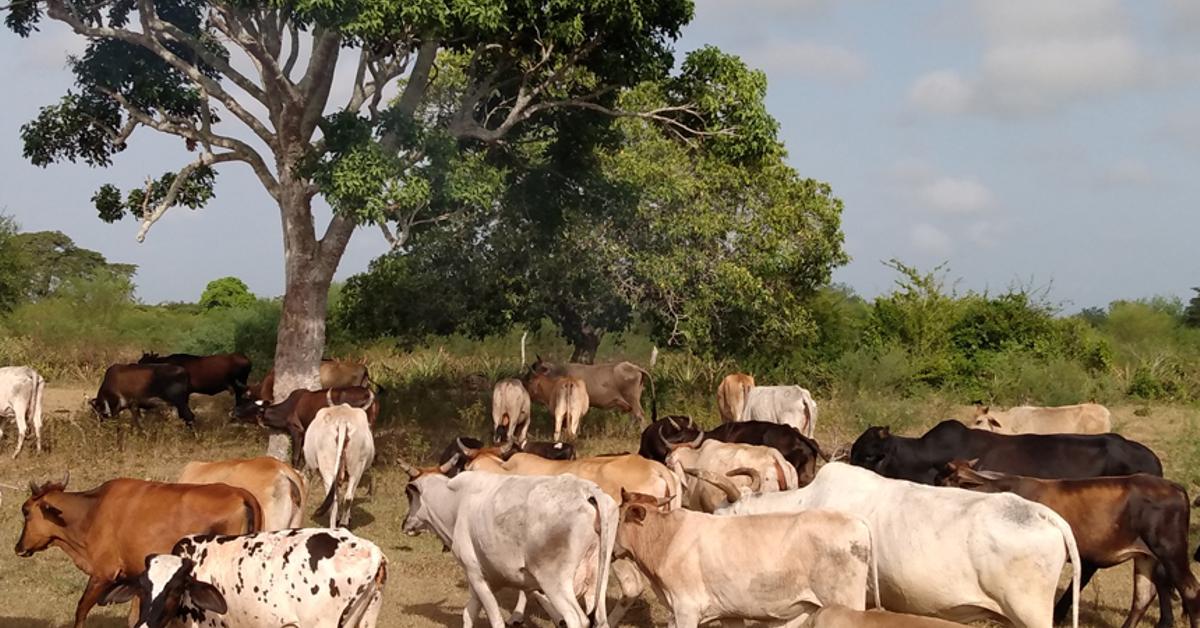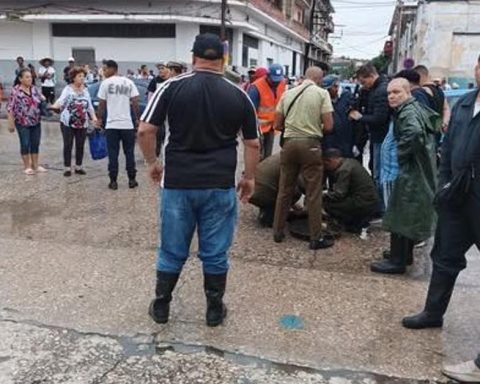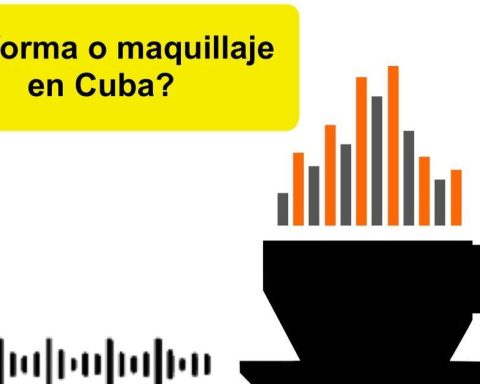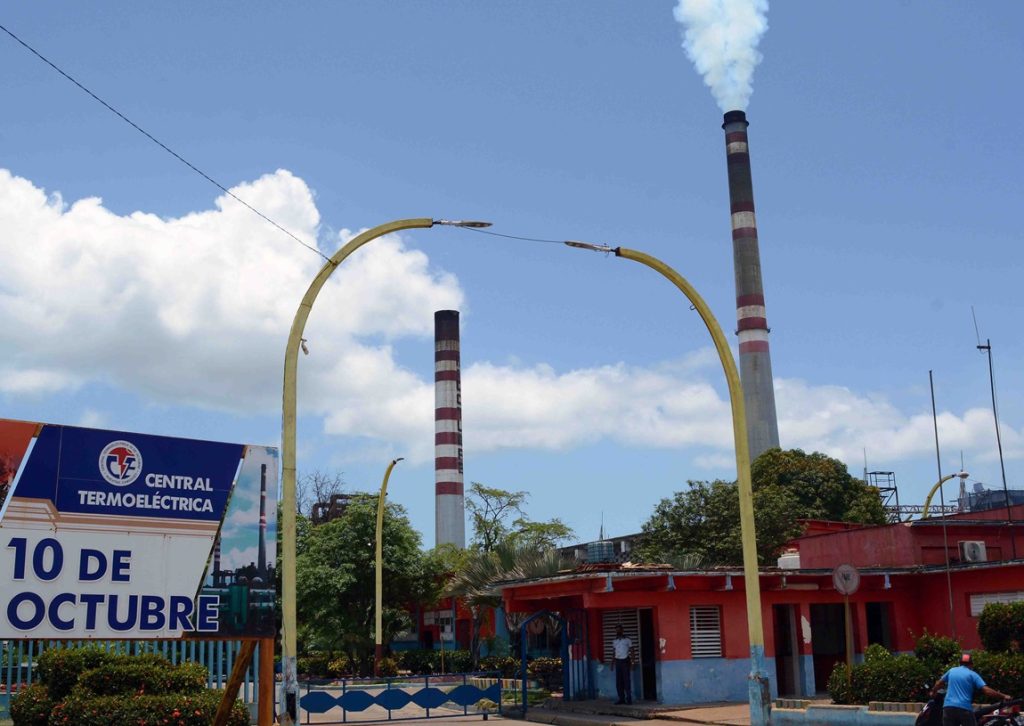Madrid/Inspections and fines have been of little use as a government recipe for livestock theft, one of the crimes that most affects the province of Las Tunas. Crimes against livestock increased by 10% compared to 2023, according to the newspaper Newspaper 26which does not indicate the total figure for either of the two years. Furthermore, to give an idea of the weight of this type of infraction, this fact is enough: “the figure is ten times higher than the increase seen in all crimes” in the previous year.
According to what the authorities told the official media, theft is the most common crime of this type, followed by sacrifice and robbery with violence, which means that thieves are specializing in circumventing the poor protection that livestock farmers have.
Newspaper 26 defines it as taking advantage of “the carelessness or naivety of the owners,” although producers have warned on numerous occasions of the impossibility of purchasing elements as simple as barbed wire with which to fence the animals. In some areas, the guajiros themselves have had to organize to make guards themselves and take care of the animals.
Las Tunas, Jobabo and Majibacoa bad statistics lead for another yearto the point that these three municipalities concentrate half of the thefts. The worst areas are Dumoy, Villanueva and Barranca, in the first; Las Margaritas and Calixto, in Majibacoa; Mejía, in Jobabo; and El Triángulo, in Colombia. In some of these places these crimes occurred every two or three days.
In 2022 there were 5,305 cases, which was already 70% more than the 3,098 reported in 2021
The province has been reporting dizzying growth for years regarding crimes against livestock, but there are no figures for the last two. In 2022 there were 5,305 cases, which was already 70% more than the 3,098 reported in 2021. Furthermore, then also the data was worrying, since it was already double that of 2020, when there were 2,394.
Newspaper 26 Take advantage of the report to take stock of the results of the livestock census carried out in the province. According to this data, there were 1,300 “control actions” on livestock owners that revealed that 1,662 heads “existed only on paper, while another 243 could be seen and touched, but there was no documentary support for their existence.” The newspaper emphasizes that this imbalance makes it clear that there are many unreported thefts, as well as many undeclared animals, as the law requires.
The authorities imposed 79 fines and 41 warnings for violating the rules. 126 complaints were also filed for failure to comply with the duty to report, in addition to sanctions for simulation of crimes, falsification of documents or “failure to comply with the duty to preserve property.”
The Delegation of Agriculture in Majibacoa considered that it is necessary to take other measures, since the results make it clear that crime increases every year. The announced measure, however, does not promise too much, since it consists of carrying out selective inspections of the ranchers “with the most problems.”
The Jobabo delegation is betting on another idea that does not sound encouraging either: changes in the leadership of cooperatives or base units that they consider incompetent to “face” the situation. But at the same time they recognized that “the functioning of the local agrarian commission is also deficient, as well as the work of the specialists and officials”, conclusions that make it clear that the inability is transversal. Not in vain, the Las Tunas delegation has another person in charge and it is also state: the Livestock Control registrars.
The first secretary of the Communist Party in the province, Walter Simón Noris, resorted to a more tearful speech, which did not provide any solution. “Nothing is enough; “And the children who would have enjoyed the milk from the stolen cows do not forgive us, nor the families who could have received at subsidized prices the meat from those cattle that, after being illegally slaughtered, end up on the black market,” he scolded.
Next, the politician called for more efforts and, despite having confirmed that the officials were described as incapable in all interventions, “presence of the Party as representative of the interests of the people.”














